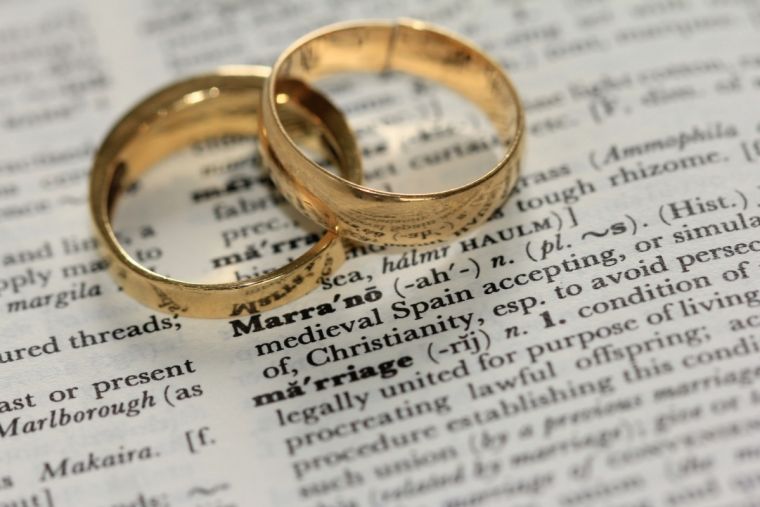Church of Ireland clarifies position on same-sex marriage after confusion

The Church of Ireland has clarified its position on same-sex marriage following confusion over a consultation submission by one of its official bodies.
The Church and Society commission, which examines social issues, indicated its support for same-sex marriage in a statement to the government consultation.
The consultation asked: "Do you agree same-sex couples in NI should be permitted to convert their civil partnership to marriage?"
In its statement, the commission wrote: "Yes. If it has been decided to legalise same-sex marriage in a territory where such couples were previously only able to form civil partnerships it should be permitted for them to convert such a partnership to a marriage."
Canon Ian Ellis, former editor of the Church of Ireland Gazette, told the Belfast News Letter that the submission was "confusing".
The Church of Ireland has traditionally defined marriage as a union between one man and one woman. This position was affirmed by its parliamentary body, General Synod, in 2012.
Following the referendum on same-sex marriage in the Republic, the House of Bishops in 2015 affirmed that while the state is acting fully within its rights in deciding to alter its legal definition of marriage, this does not change the Church's understanding of how it celebrates marriage.
A spokesperson for the Church of Ireland clarified that the Church and Society Commission does not speak on behalf of the entire Church and that the official position on marriage remains unchanged.
"The Church's decision not to provide for same-sex marriage is unchanged," the spokesperson said.
"The doctrine of the Church of Ireland is that marriage is between one man and one woman; this is therefore the only form of marriage which may be celebrated within the Church.
"Anglican doctrine is expressed through liturgy, and the Church has no liturgy in relation to civil partnership or same-sex marriage.
"The context for the response is that there has been an alteration of the legal framework affecting a range of civil provisions, but this will not affect the Church's teaching."











